AI’s Predictions for the Next Big Breakthroughs in Manufacturing!
In a world where technological marvels and advancements emerge at breakneck speed, the manufacturing industry stands on the cusp of a transformative era. From robots that might soon give us sage advice, to 3D printers capable of churning out their own clones, the future of manufacturing gleams with promise and a touch of playful unpredictability. To glimpse these not-so-distant realities, we turned to an AI, not just any AI, but a digital oracle of sorts, weaving together data and trends into a tapestry of fascinating predictions.
Each forecast below not only paints a picture of what’s ahead but comes paired with a light-hearted quip, reminding us that the future, while advanced and astonishing, can still retain a sense of humor. Let’s explore these seven breakthrough predictions that might just redefine the world of manufacturing.
1. Advanced Robotics and Automation: The next big leap in manufacturing could involve more sophisticated and adaptive robots. These robots will not only perform repetitive tasks but also be capable of decision-making and handling more complex, variable operations. The integration of AI will make these robots more autonomous, efficient, and flexible, allowing for personalized and intricate manufacturing processes. In the future, robots in factories might be so smart and efficient, you’ll go to them for both manufacturing advice and possibly even life coaching!
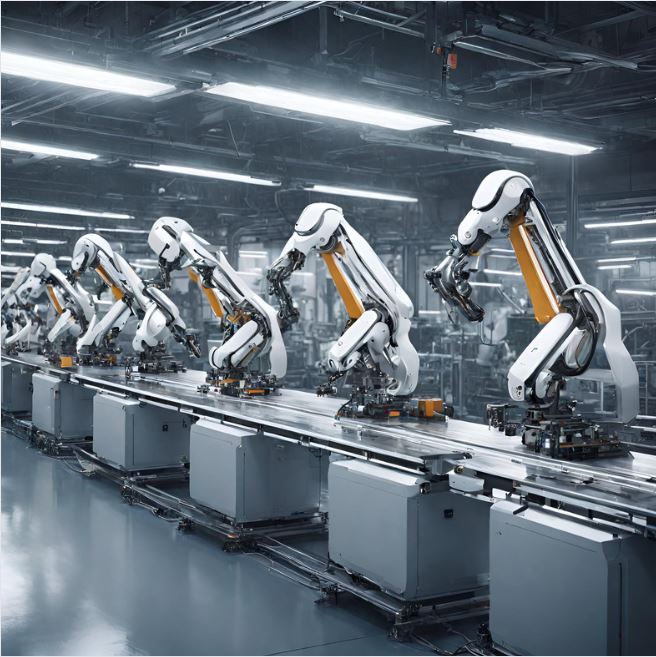
2. Additive Manufacturing (3D Printing) Evolution: The potential for 3D printing technology to evolve beyond prototyping into full-scale production is immense. Advancements might include faster printing speeds, larger build volumes, and the ability to work with a broader range of materials, including advanced composites and high-performance alloys. This technology could revolutionize how and where products are manufactured, enabling more localized, on-demand production. One day, 3D printers will be so advanced, you might accidentally print a second 3D printer while trying to make a simple coffee cup
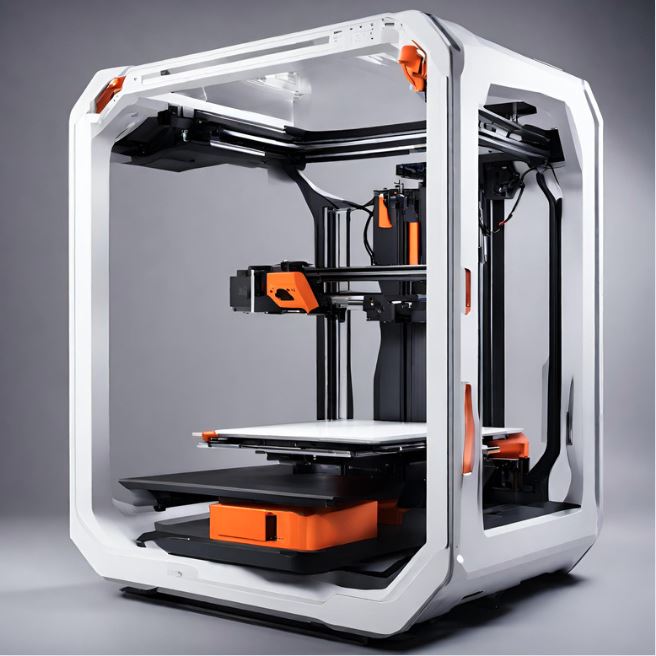
3. Sustainable and Green Manufacturing: Sustainability will likely be a major driver of innovation. Breakthroughs may include new methods of reducing waste and energy consumption, recycling materials directly in the manufacturing process, and utilizing environmentally friendly materials. Techniques like closed-loop manufacturing and circular economy models could become mainstream. The green revolution in manufacturing will be so impactful, factories will brag about how their only emissions are good vibes and fresh air.
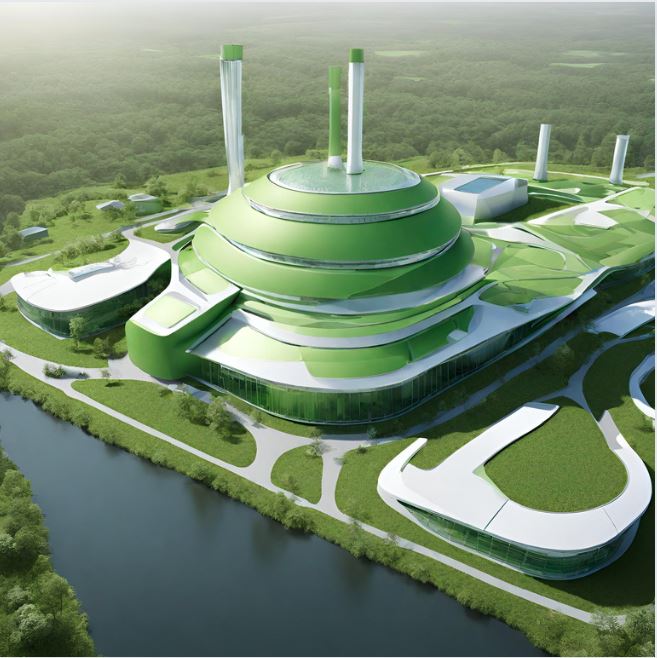
4. Digital Twin Technology: Advanced simulations and digital twins (virtual replicas of physical devices) will be used more comprehensively for design, testing, and optimization in manufacturing. This technology can reduce development times and costs, improve product quality, and enable predictive maintenance. With digital twins becoming more common in manufacturing, engineers might spend more time telling the virtual and real machines apart than actually designing them. “Was it the real turbine that needed repairs, or its digital drama-queen twin?”
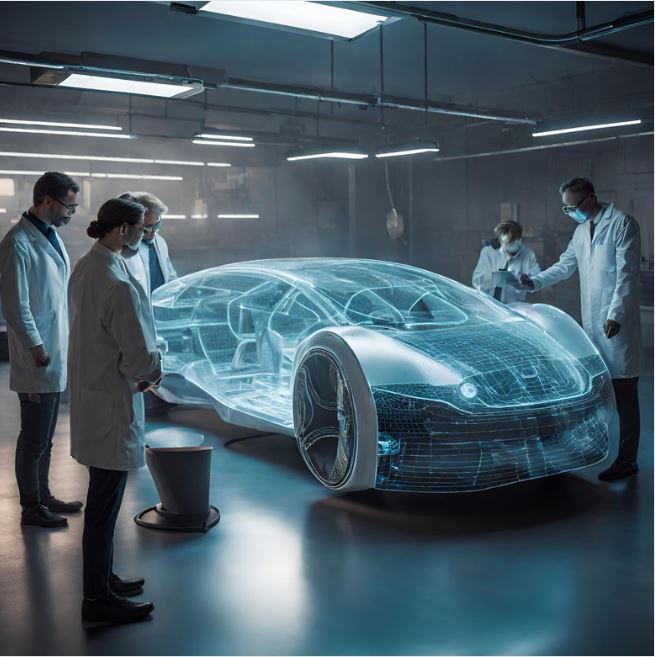
5. AI and Machine Learning in Supply Chain and Production: AI algorithms and machine learning will revolutionize supply chain management and production planning. Predictive analytics can help in forecasting demand more accurately, optimizing inventory levels, and identifying potential supply chain disruptions before they occur. In production, these technologies can optimize operations for efficiency and quality. AI in supply chains could become so predictive, your next order might arrive before you even realize you needed it. “Thanks for the new shoes! Uh, I was just about to think about buying them.
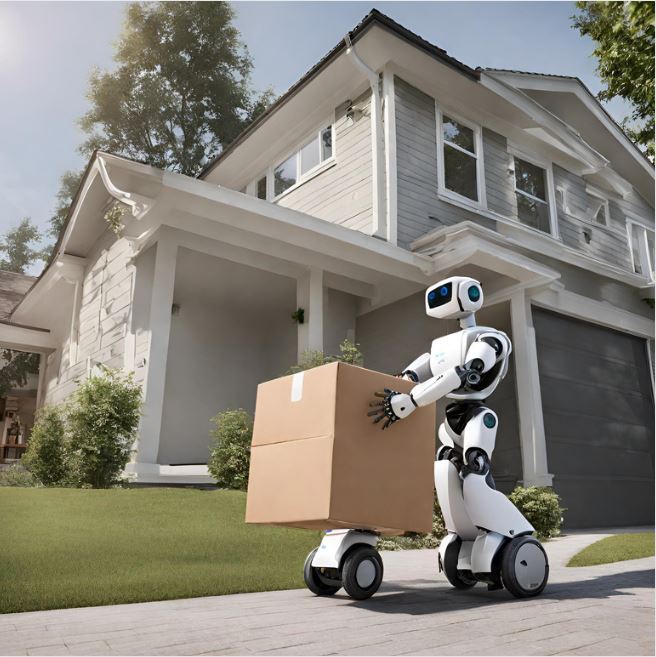
6. Customization and Personalization at Scale: Driven by consumer demand for personalized products, manufacturers will increasingly leverage technologies to offer mass customization options. This shift will be enabled by more flexible manufacturing systems, advanced data analytics, and interconnected production technologies that can adjust to changing specifications with minimal manual intervention. Future manufacturing will be so tailored to individual preferences that your new car might refuse to start in the morning, insisting it knows you need a day off.
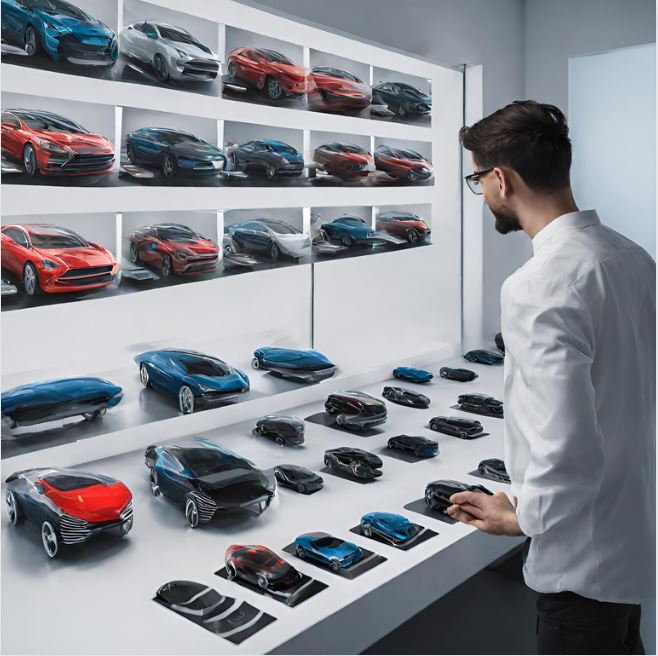
7. Nanotechnology in Manufacturing: The application of nanotechnology in manufacturing could bring about a radical shift in several industries, including electronics, pharmaceuticals, and materials. By manipulating matter at the atomic or molecular scale, manufacturers could create products with unprecedented properties such as ultra-high strength materials, novel drug delivery systems, or highly efficient energy storage devices. With nanotechnology, products will be built so precisely at the molecular level, the atoms might start complaining about their cramped working conditions. “We’re not just close; we’re literally bonding here!
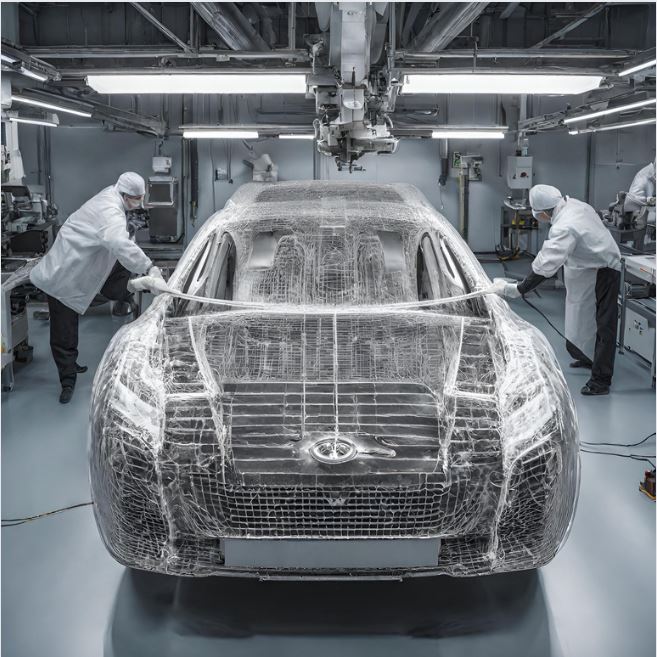
As we journey through the whimsical landscape of future manufacturing possibilities — from chatterbox robots to eco-friendly factories seemingly running on positive thoughts — it’s clear that the horizon of manufacturing is as broad as it is exciting. These predictions, served up by AI with a side of humor, do more than just forecast; they inspire us to think creatively about the possibilities ahead.
While the exact path of manufacturing’s evolution might vary, one thing is certain: the fusion of technology, sustainability, and customization is set to redefine the very essence of how we create, produce, and think about the objects in our lives. So, as we brace for a future where our coffee cups might be 3D printed before our very eyes, or our gadgets assembled by nano-scale artisans, let’s remember to enjoy the ride — the future, after all, is not just about the destination, but the journey there.
Want some more insights from our AI oracle? Check out their opinion on the next breakthroughs in real estate!
Speaking of manufacturing, check out our list of 8 crazy inventions you didn’t know existed! Or, judge for yourself if these 19 inventions are the best or worst things ever created!
